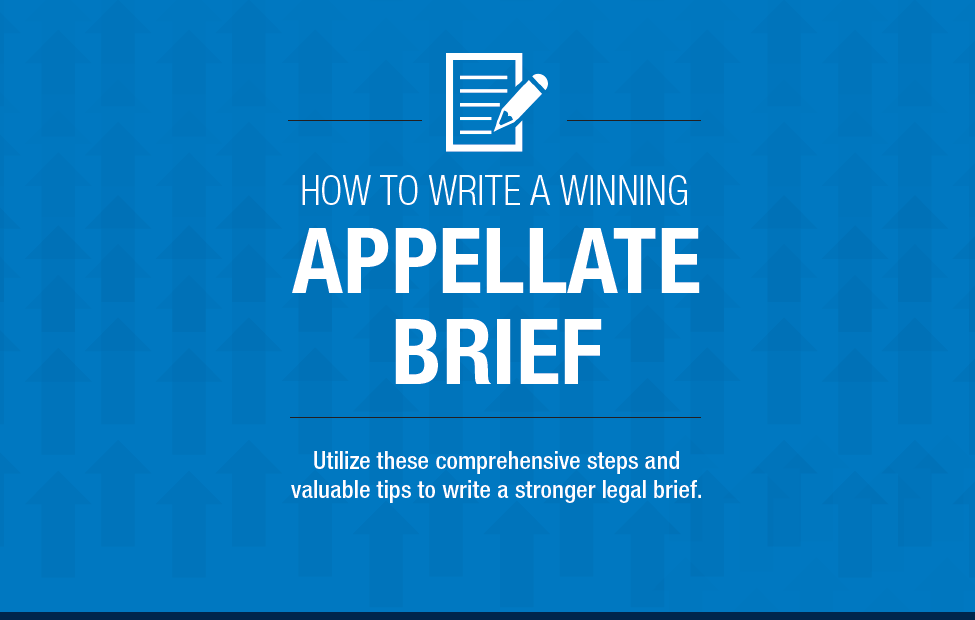
In today’s fast-paced world, legal matters can be overwhelming and complex. Whether you’re dealing with a personal injury case, family law issue, or any other legal concern, having a solid understanding of the legal system is crucial. This article aims to provide valuable insights and tips to navigate through legal briefings effectively.
Understanding the Basics
Before delving into the intricacies of legal briefing, it’s essential to grasp the basics of the legal system. This includes understanding the structure of the court system, the roles of key legal players such as judges and attorneys, and the overall legal process. A strong foundation in these fundamental concepts will lay the groundwork for effective legal communication.
Clarity is Key
One of the most crucial aspects of a successful legal briefing is clarity. Legal documents are often filled with complex terminology and intricate details. However, it’s essential to convey information in a clear and concise manner. Avoid unnecessary jargon and aim for a writing style that is accessible to a broad audience. This ensures that your message is easily understood by all parties involved, including judges, opposing counsel, and clients.
Structuring Your Brief
Organizing your legal brief in a logical and coherent manner is paramount. Start with a clear introduction that outlines the purpose of the brief and provides a brief overview of the case. Follow this with a well-structured body that presents the facts, legal arguments, and supporting evidence in a systematic fashion. Finally, conclude with a concise summary of the key points and a call to action.
Citation and Referencing
Accurate citation and referencing are essential in legal briefs. Every assertion and argument should be supported by relevant legal authorities, such as statutes, case law, or legal precedents. Ensure that you provide proper citations for all sources used, following the appropriate legal citation style. This not only strengthens your arguments but also adds credibility to your brief.
Attention to Detail
Legal professionals often stress the importance of attention to detail, and for a good reason. Small errors, such as typos, inaccuracies, or inconsistencies, can undermine the credibility of your legal brief. Take the time to carefully proofread your document, and consider seeking a second opinion from a colleague to ensure that your brief is error-free and polished.
Collaboration and Communication
Legal cases often involve collaboration among various parties, including attorneys, clients, and experts. Effective communication is crucial to ensure that everyone is on the same page and working towards a common goal. Regularly update your clients on the progress of the case, and be responsive to inquiries from opposing counsel. Collaborative efforts contribute to a smoother legal process.
Legal Briefing Tips: Link to Legal Briefing Tips
For additional insights and tips on legal briefing, you may find this resource on legal briefing tips helpful. This valuable guide provides practical advice on crafting compelling legal briefs, addressing common challenges, and maximizing the impact of your legal arguments.
Conclusion
In conclusion, mastering the art of legal briefing requires a combination of foundational knowledge, effective communication skills, and meticulous attention to detail. By understanding the basics, maintaining clarity, structuring your brief logically, citing sources accurately, and fostering collaboration, you can enhance your effectiveness as a legal professional. Additionally, exploring additional resources such as the linked Legal Briefing Tips can provide valuable insights to further refine your skills in this critical aspect of the legal profession.









